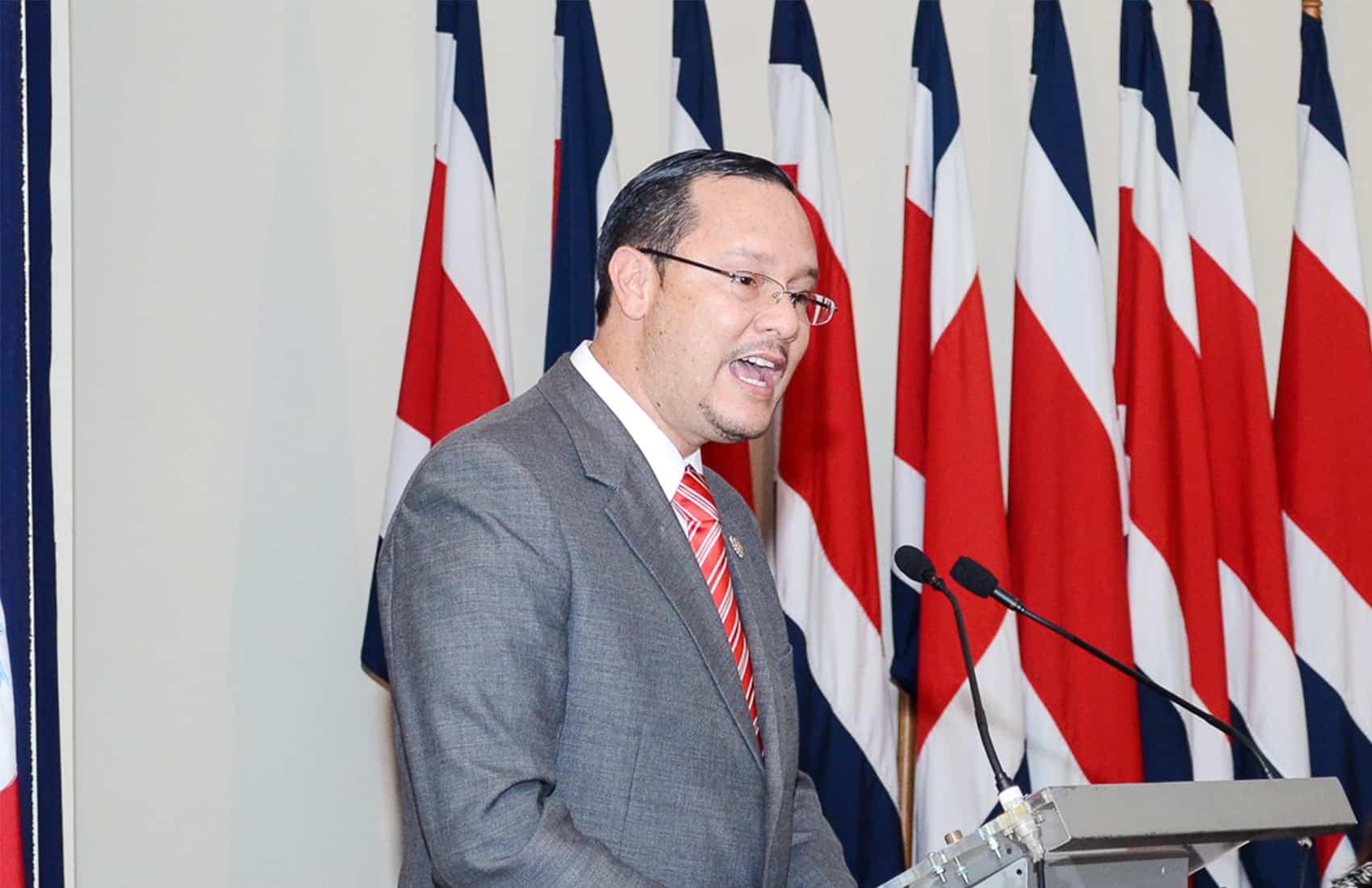Celso Manuel Gamboa Sánchez, once a top Costa Rican security minister and judge, now sits in a maximum-security prison cell awaiting possible extradition to the United States. Authorities there have charged him with helping international drug networks move massive amounts of cocaine through Costa Rica and into the U.S. for sale. A federal grand jury in Texas handed down the indictment this week, marking a sharp fall for a man who held some of the country’s highest posts in law enforcement and justice.
Gamboa, 49, got arrested on June 23 in San José after U.S. officials requested his detention. He faces counts of conspiracy to manufacture and distribute cocaine, plus direct trafficking charges. Prosecutors say he worked with other traffickers to produce, ship, and spread the drug, knowing it would end up in the U.S. If convicted, he could get at least 10 years in prison, up to life. But the extradition treaty between Costa Rica and the U.S. caps any sentence at 50 years to match Costa Rican limits—no life terms for nationals sent abroad.
His alleged partner in crime, Edwin Danny López Vega—known as “Pecho de Rata”—got picked up the same day in Costa Rica’s southern Caribbean region. López, a convicted trafficker from Limón, stands accused alongside Gamboa. The pair supposedly coordinated shipments and laundered money through a local soccer team, though details on the club remain under wraps.
This case ties into Operation Take Back America, a U.S. Justice Department push to break up cartels, curb illegal migration, and shield communities from violence. The DEA, FBI, and North Texas Strike Force led the probe, part of broader efforts against organized crime. Investigators claim Gamboa’s network stretched from Colombia to Mexico and the U.S., linking him to the Clan del Golfo in Colombia, the Gulf Cartel in Mexico, and even Sinaloa groups. He reportedly acted as a regional leader, using Costa Rica as a key transit point.
Gamboa’s background makes the charges sting more. He climbed fast in Costa Rica’s system: fiscal in Limón, vice minister of the presidency, DIS intelligence chief, security minister under President Luis Guillermo Solís, deputy attorney general, and Supreme Court magistrate from 2016 to 2018.
Lawmakers ousted him amid corruption claims tied to the “Cementazo” scandal, but he stayed active as a lawyer for organized crime suspects. Recordings from the investigation show him bragging to associates about his old roles giving him “100% guaranteed” access to bring cocaine into Costa Rica via Atlantic or Pacific coasts. He even claimed the current government under President Rodrigo Chaves allowed his shipments entry.
Witnesses, including former members of his drug organization, fingered Gamboa as a coordinator who handled cocaine loads with multiple traffickers. One source described meetings in September 2023 where he confirmed safe routes. The DEA’s affidavit paints him as a central figure since 2020, leveraging legal know-how and contacts to dodge detection.
Back home, the arrest has sparked political fire. President Chaves distanced himself, saying he’s never spoken to Gamboa and calling it “the end of the narcos’ party.” But revelations show ties: Security Director Jorge Torres met Gamboa in 2022 with two Colombian brothers linked to FARC, now jailed for trafficking. They offered intel on another capo in exchange for easing pressure on an ally. Torres says he reported it to Chaves, who ordered no further contact. Chaves has clashed with the judiciary, questioning why they didn’t prosecute Gamboa sooner.
More dirt emerged: In 2021, then-OIJ deputy director Gerald Campos leaked confidential case info to Gamboa. Campos, now justice minister, got sanctioned for the breach but kept his job. Gamboa’s phone, seized during arrest, went straight to the DEA for analysis—turned on but in airplane mode to preserve data.
Gamboa fights extradition from La Reforma prison’s max unit. His lawyers argue health issues like skin cancer, colon cancer, celiac disease, duodenal ulcers, and Guillain-Barré syndrome warrant release or transfer. Courts denied it, keeping him locked up for two months while processing the request. If approved, he’d face trial in Dallas, potentially joining rare Costa Ricans extradited for drugs, like López as the first.
This scandal highlights Costa Rica’s growing role in global trafficking amid rising homicides. OIJ chief Randall Zúñiga ranks Gamboa among the top four narcos in the country. As extradition looms, questions linger about who else he might implicate—politicians, officials, or rivals. For now, Gamboa waits, his high-flying career reduced to a cell and court dates.






